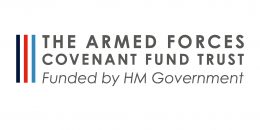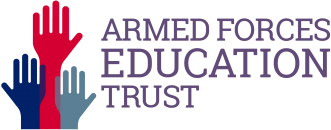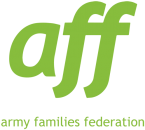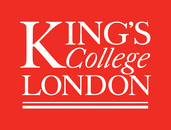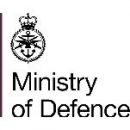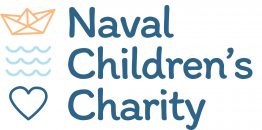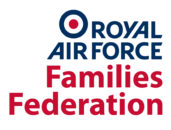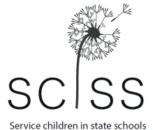‘Grown up’ children from armed forces families: reflections on experiences of childhood and education
Posted in Views by Dr Anne Chappell and Dr Ellen McHugh
This research explores the experiences of ‘grown up’ children from armed forces families to gather their reflections on childhood and education, and to seek their advice to inform the current armed forces community, policy-makers and practitioners. These ‘grown up’ children have historically been overlooked in research, policy and practice, where the main focus has been on the serving members of the armed forces and veterans, with some exploration of the families, including school-aged children. We know very little about the childhood and educational experiences from those now grown up, which our previous research and this project sought to address.
The accounts illuminate the unique experiences amongst this non-homogenous group. The findings illustrate the challenges and opportunities that arise from the high levels of mobility during childhood, termed ‘hyper-mobility’ in this project. The themes include friendship; identification with(in) the community; conversations with parents about their experiences; stability/instability and (re)integration to ‘civilian’ life; pride; the perceptions of the nature of their childhoods in relation to others and the impact of their experiences. Participants were also asked to provide their advice for the Ministry of Defence and armed forces, schools and teachers, parents/guardians, and to current children.
The findings highlight a number of important considerations which can be used as evidence to inform interventions and support for the current children, and those who work with them. Stakeholders were consulted during the research and confirmed that the experiences of the ‘grown-ups’ in this research resonate with children currently experiencing life with the armed forces.
Recommendations for policy and practice include:
- A recognition of what can be gained by talking with ‘grown up children’ from armed forces families;
- Further developing the awareness of all to identify and recognise the challenges and opportunities experienced by these children;
- Consistency in support for all children in this community and those who support them across the four home nations;
- Noting the long-term, and in some case, life-long impact of their experiences;
- The Ministry of Defence and armed forces to provide support during the time the parent/guardian is serving, and through the multiple transition points, including those out of the armed forces community and beyond;
- Improving the experiences of the children will improve that of the family, including the serving parent/guardian, potentially positively impacting on retention in the armed forces.
Recommendations for further research include exploring:
- The experiences of those with serving parents/guardians who have different roles, postings and deployment; connections to the civil service; and those employed by organisations such as NAAFI and SAAFA;
- The types and effectiveness of support, including the use of government funding provided across the four nations.
We propose that the definition and terminology used in relation to children from the Armed Forces community(ies) takes account of the diverse experience shared by these participants and the life-long nature of the impact. This includes broadening the definition and adopting it at government level across the four nations to include: ‘any individual with a parent(s)/guardian(s) who has been a member of the armed forces at any point during their life’.

